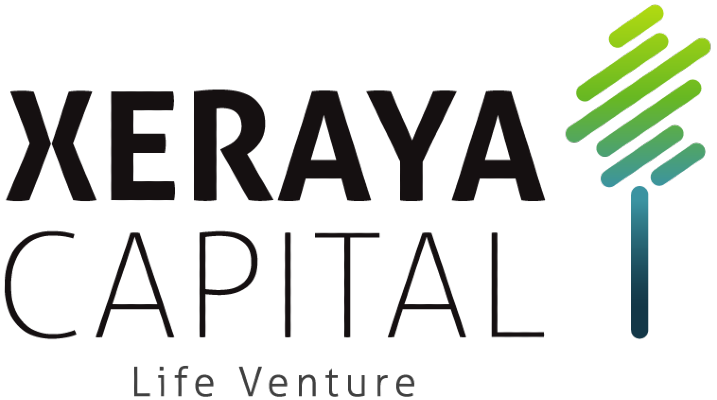It took you a crazy amount of hours to get hooked up with a few venture capitalists, to present your case. Your sleeping hours and healthy eating habits aren’t important anymore, as you need to get all the facts and figures right first. Others can wait. Getting everything right, insert them into the presentation deck that must be seen very clean and easy to understand is your utmost priority right now. It has been months you’ve been working on this pitch and to your eyes, everything must be perfect.
It’s a final sprint and you need this to work to your advantage. You’ve gone through every single detail of your presentation deck and facts many rounds. From internally with your team members, a few focus groups, a couple of trusted friends to some good friends working in a venture capital industry as well. You’ve got everything covered. All is good now, and you’re ready.
Before you go ahead and fix that appointment with that venture capitalist for the presentation, you may want to take a moment to understand how they will evaluate your case. You need to see it from their perspectives. To them, it doesn’t matter whether your startup is in the retail industry, biotech, infrastructure, trading or even IT, you must take note of these 6 main pillars that will influence the success of the venture capitalist’s investments.
Here’s how they will ‘look’ at you;
1. The management team. One of the critical points that the venture capitalists will take a look is your management team members. To them, it is okay if you don’t have to have a complete team, but you need to have enough key players with relevant skills and experience in it. Then your case will be seen as practical. If you do not have all them at the moment, get some credential people on board first. You must understand that venture capitalists are people who invest in great ideas. Great ideas will turn into a great success if you have great team members. Great ideas with weak people normally don’t bring great results.
2. Risks management. This is the toughest. To convince venture capitalists to take the risk and invest in your adventure, you need to really understand your business and the future it holds really well. Every single information in your proposal will be screened through via converting that information given into numbers. Through facts and figures, they can ‘see’ whether your adventure here is making sense or not. To venture capital firms, everything can be seen from a financial perspective. They are aware that most entrepreneurs are likely to overestimate everything. Based on their internal methodology of calculating things, every single information will be rigorously scrutinised before they decide to shortlist. This is how they mitigate risks. Investing in startups like yours requires a lot of risks management mitigation work, unlike mature companies that are much easier to evaluate. Mature companies can easily produce numbers and figures such as cash flow, sales, and profits that can be used in estimating the reliable value of the company.
3. The reward. The end-game to any venture capitalist is straight-forward, the reward. They invest to make money, that is it. It’s purely business. To them, the adventure will be a success story when it is making a lot of sense financially and the investment money isn’t tied to the adventure for too long. You must understand that their intention is to recoup the money they invested as quickly as possible so that they can re-invest it in another project.
4. Market potential and size. The venture capitalists wish to know not only about your capability to acquire paid customers and keep them with you for as long as possible, but also how big the market potential you’re talking about and how quickly you can convert them into customers. The potential growth and scalability are extremely important here. And these must be done with minimum changes in the cost structure. Once they see that the growth will outdo the cost, then to them this will be a successful venture.
5. Product’s value proposition and strengths. When it comes to product, the last thing a venture capitalist wants to see is a commodity. They need more than that. They need something stronger, something attractive, something unique that is hard to copy or replicate by other people. Once you have these kinds of differentiation on your product, the processes, the pricing structure, the niche you’re in that offers a very high barrier to enter and enable to make people be dependent on your product in their new daily habit, then you have a great value proposition. In other words, with your competitive edge like these, the venture capital firm will know that it will be a successful venture.
6. Deliverability. This is often overlooked. Ideas alone has no value, and venture capital firm doesn’t treasure this. They need to see the project off the ground first, some sort of traction or development that they can see. Raring to go sentiment isn’t enough. Once they see that there are some forms of commercialisation effort being done prior to the talk, they will acknowledge that your project could be a potential next investment they can’t afford to miss.




